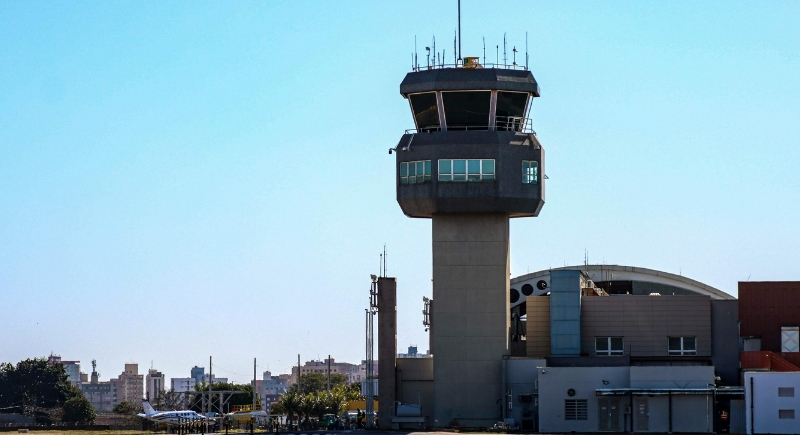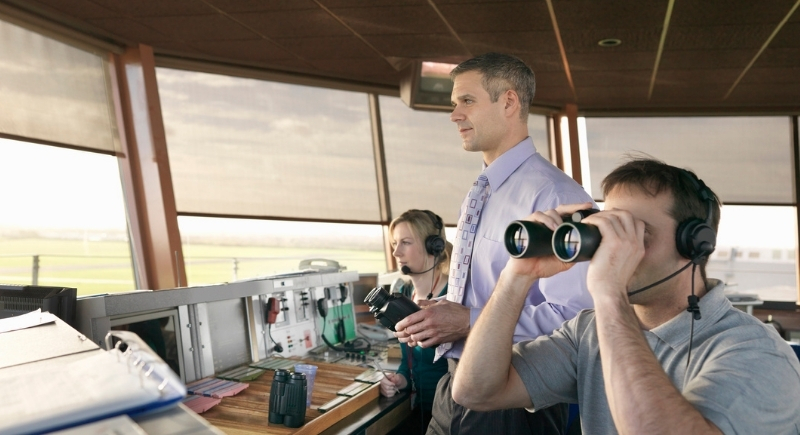Air Traffic Controllers Are Working Second Jobs Just to Survive the Shutdown
While airports continue to operate smoothly, thousands of U.S. air traffic controllers are facing a different kind of turbulence — financial strain. Roughly 13,000 controllers, all considered essential personnel, are still reporting for duty despite the ongoing federal funding lapse. The only catch is that their paychecks have stopped or arrived short.
Their most recent checks covered only about 90 percent of normal pay, which has forced many to take on extra work to stay afloat. Some now split their days between guiding aircraft at dawn and driving rideshares or delivering food by evening. The federal shutdown has left those who keep the skies safe juggling second jobs to cover their bills.
Staffing Strain and Delays

Image via Pexels/Rodolfo Gaion
This dual-job reality is unfolding against an already strained backdrop. The Federal Aviation Administration (FAA) currently employs about 3,500 controllers—well below its target staffing levels. With such thin margins, even a few absences can cause widespread disruption.
On October 25, 2025, the FAA recorded 22 staffing “triggers,” one of the highest totals since the shutdown began. The next day, more than 8,000 flights across the country were delayed. Controllers now face mandatory overtime, six-day workweeks, and the added burden of seeking extra income after hours. It’s a level of exhaustion and financial pressure few passengers imagine when they picture the people keeping air travel safe.
A Shadow Shift for Safety

Image via Canva/Science Photo Library
The controllers’ union warns that distracted minds cost more than delayed flights. As one union leader put it, controllers are deciding whether they can afford childcare or groceries. Their focus has shifted from “cleared for take-off” to “how do I pay rent?”
This situation isn’t about air traffic controllers taking it easy. Most are working harder than ever. Many have exceeded 40 hours a week in the tower and then spent their off-hours driving for rideshares or delivering food to stay afloat.
Training pipelines are also stalled. At the FAA academy in Oklahoma City, hiring and training experienced a setback during the shutdown. That means the controllers stepping into a tower today may have fewer peers behind them ready to come in.
“Essential” Doesn’t Mean Immune
Controllers are essential workers, meaning they must keep working even when pay is paused. But being essential doesn’t shield someone from mortgage payments, car loans, or family expenses.
This has become a catch-22 situation: the public expects safe skies, but the workers keeping those skies safe are working two jobs and crossing their fingers.
So when we hear about flights being delayed, controllers skipping shifts, or ground stops at major hubs, those are symptoms of a much deeper labor strain. Controllers working second jobs just to pay bills is a red flag that safety and scheduling are balancing on thin air.